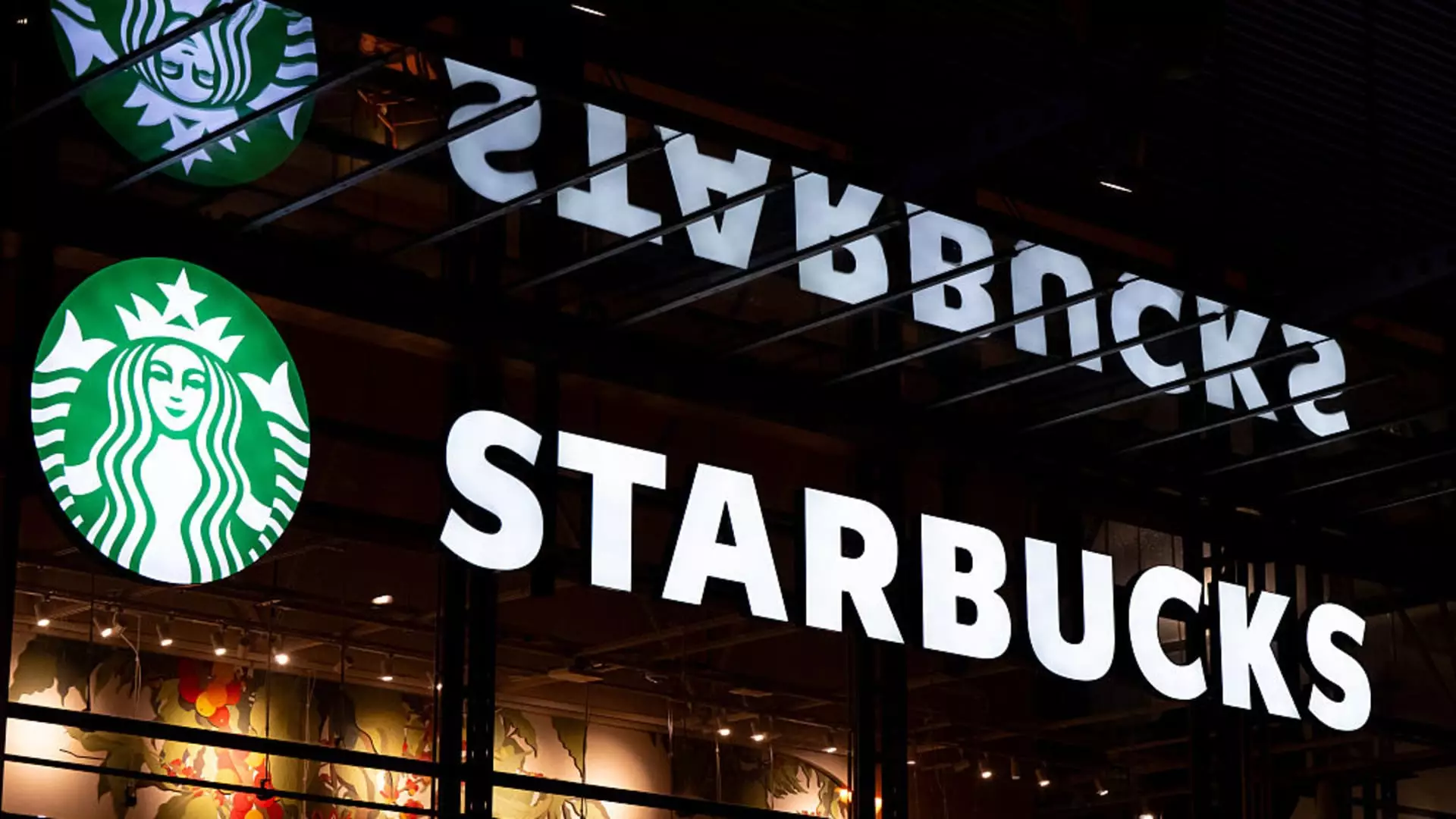Across the financial landscape, the recent surge and decline of major companies in premarket trading serve as a telling indicator of the underlying vulnerabilities within American capitalism. For instance, giants like PepsiCo and Taiwan Semiconductor Manufacturing demonstrate how even in periods of seemingly stellar performance, beneath the surface lies a fragile equilibrium. PepsiCo’s impressive 3% rally—driven by a second-quarter beat—might suggest robustness. However, such gains often mask rising costs, supply chain anxieties, and shifting consumer preferences that could threaten future stability. Meanwhile, Taiwan Semiconductor’s 61% profit increase and record-high valuations largely reflect global demand for chips but also expose geopolitical vulnerabilities. Reliance on international supply chains and the risk of regulatory disruptions render these earnings less sustainable than they appear at first glance.
The False Confidence of Market Optimism
The upward momentum in some sectors and the sharp declines in others underscore the fickle nature of investor sentiment. GE Aerospace’s modest 1% boost after beating earnings expectations exemplifies how even positive results are met with cautious optimism—especially when those results come with raised full-year guidance. Conversely, U.S. Bancorp’s 4% downturn highlights investor skepticism about broader economic health, with revenues falling short of expectations and margins under pressure. These mixed signals expose a fundamental truth: markets are increasingly driven by sentiment and short-term narratives rather than tangible economic fundamentals. It is a precarious scenario where confidence can evaporate as swiftly as it manifests, leaving investors exposed to sudden and unpredictable losses.
Overhyped Tech and Consumer Stocks: A Market at Crossroads
Certain stocks, like Cars.com and Toast, reveal the divergence between traditional market drivers and emerging sectors. Cars.com’s 6% rally following an upgrade indicates investor interest in the automotive space, yet this optimism may be premature. The automotive industry faces structural challenges—rising vehicle costs, shifts toward electric, and supply chain bottlenecks—that could undermine such short-term gains. Similarly, Toast’s nearly 3% climb following Deutsche Bank’s coverage upgrade points to a broader trend of fintech and payment firms gaining favor. Yet, reliance on analyst ratings can be dangerous; overvaluation risks become ingrained when market excitement overshadows fundamentals.
The Vulnerability of Consumer Goods and the Impact of Global Politics
Consumer giants like Coca-Cola and Archer-Daniels-Midland (ADM) are not immune to external shocks. The potential switch by Coca-Cola to cane sugar, as hinted by President Trump’s comments, threatens to disrupt established supply chains and profit margins for related suppliers such as ADM. The market’s reaction—a 3% decline for ADM—reflects apprehension not just about the immediate change but about the broader implications of political interference and protectionism. This political influence over core commodities indicates how fragile the stability of even staple products can be, especially when intertwined with international diplomacy and domestic policy shifts.
Biotech and Material Stocks: A Test of Long-Term Potential
The recent performance of Sarepta Therapeutics and MP Materials underscores the volatility endemic in high-growth sectors. Sarepta’s dramatic 29% spike—triggered by layoffs and strategic restructuring—intimates a market hotwired for short-term fixes rather than sustainable growth. This approach risks creating a bubble fueled by cost-cutting rather than innovation. Meanwhile, MP Materials’ decline following a public offering illustrates how even companies with promising fundamentals remain sensitive to financing conditions and market sentiment. The optics of a lower-than-expected offering price reveal how capital markets remain cautious, often punishing companies that seek to expand during broader economic uncertainty.
Healthcare and Consumer Confidence: The Stark Reality
Finally, the healthcare sector paints a sobering picture. Abbott Laboratories’ 4.7% decline after guiding for weaker earnings demonstrates how fragile consumer and investor confidence remains. As inflationary pressures and policy debates persist, the outlook for healthcare—and by extension, other essential sectors—remains uncertain. Meanwhile, consumer sentiment shifts can be inferred from declining stocks like Shake Shack, downgraded due to overly optimistic near-term forecasts. These movements point to a broader skepticism about the durability of current growth patterns, emphasizing the need for a pragmatic and cautious approach to investing and economic policy.
—
This market snapshot does more than just reflect current company performances; it exposes an underlying truth about American economic resilience. Under the veneer of growth, there are cracks—geopolitical tensions, policy uncertainties, and raw market volatility—that threaten to unravel the optimistic narratives spun by short-term earnings beats and superficial rallies. If confidence continues to be built on surges driven by temporary factors, the inevitable correction could be swift and unforgiving, exposing the fragility of our economic foundation.

